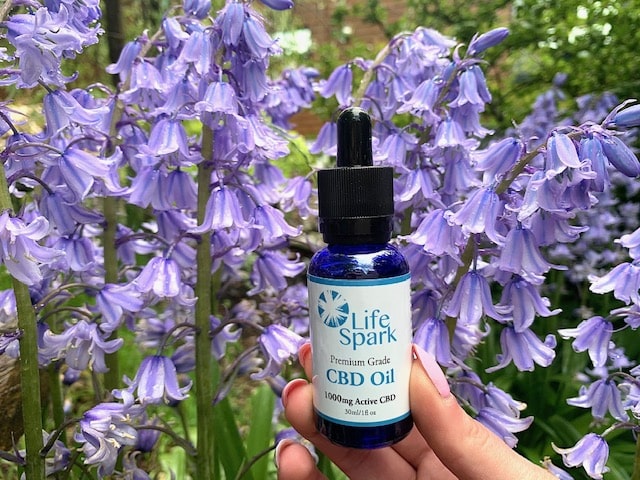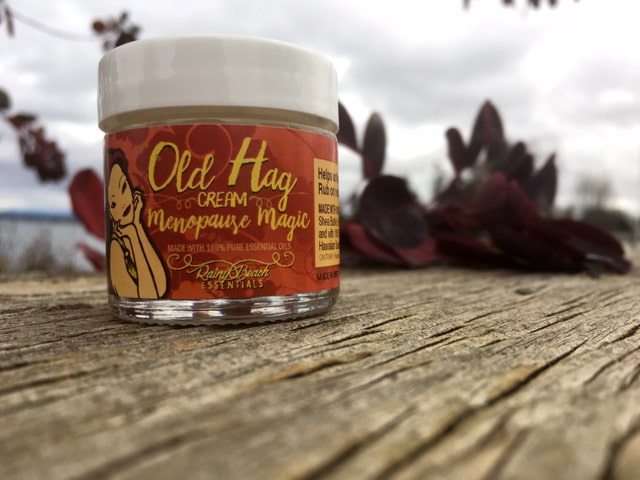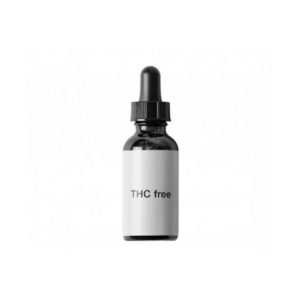What is CBD oil?
CBD is one of more than 60 cannabinoids that can be extracted from hemp. CBD oil can be obtained in various forms, liquid, cream, and even as a chewable. Its best-known compound in hemp and its main psychoactive ingredient is tetrahydrocannabinol (THC). CBD is not a psychoactive substance, unlike THC, which is.
Industrial hemp contains more CBD and low levels of THC. However, hemp has less CBD and more THC.
There is ongoing research into the many medicinal properties of CBD and it has been found that there are a number of disorders of the body whose symptoms are alleviated by CBD.
In 2003, the U.S. Department of Health and Human Services allowed one patient to be treated for inflammatory and neurodegenerative disorders with CBD. The FDA has recently approved the use of CBD in medical trials. These trials are also used to help children suffering from a fairly rare form of epilepsy.
If you are looking to buy CBD sold on the internet they are classified as personal care products or natural supplements. Ongoing research is constantly shedding more and more light on CBD oils.
Uses and benefits of CBD oil
With CBD oil we can take advantage of the therapeutic benefits of hemp without suffering the side effects of smoking. It is one of the most effective options when using hemp therapeutically.
It is possible to consume it discreetly those sick people who want to improve their quality of life or, even, there are parents who consider improving the quality of life of their children with neurodegenerative problems with the use of CBD oil. In addition, made from olive oil, it can be taken with different types of food or used topically.
It can also be used to improve skin problems of dermatological diseases such as psoriasis and reduce the most severe symptoms of pathologies such as multiple sclerosis.
In response to the increase in the therapeutic demand for CBD, seed banks are constantly working to obtain genetics with a higher CBD content by reducing the THC concentration.
Reducing THC levels also means reducing the psychoactive effects that many consumers do not wish to experience when using hemp for medicinal purposes.
The most recommended strains used for the production of CBD oil are Nirvana’s Supreme CBD Kush with a 1:1 ratio (THC 9.5% and CBD 9.5%) or Kannabia Seeds’ White Domina CBD, with a 1:1 ratio (THC 10% and CBD 10%). This magnificent ratio between its psychoactive and non-psychoactive components is what makes them ideal for therapeutic use since it keeps the stimulant effects at bay while the therapeutic effects are those required by consumers interested in this type of effect.

For whom is CBD oil recommended?
CBD is known to activate and stimulate the body’s nervous system responses. It has been shown that there are two cannabinoid receptors in the human body and that CBD oil works with its CBD component to improve bodily functions.
CBD is recognized by the scientific community for its analgesic and anti-inflammatory power, although its anticonvulsant properties (effective for epilepsy patients) are also noteworthy, one of its great potentials is its neuroprotective and regenerative capacity, which helps to curb diseases such as multiple sclerosis.
CBD oil can also be recommended to patients with psoriasis. The universities of Nottingham and Reading in the United Kingdom carried out a study in 2007 that demonstrated how cannabinoid compounds work as inhibitors of the proliferation of keratinocytes (predominant cells in the epidermis). In this study, they came to the conclusion that hemp and especially CBD oil is a potential therapy for psoriasis.
The topical use of CBD oil on psoriasis reduces the itching it causes, and it is also an excellent ally to make them decrease in size while reducing the level of inflammation. The reduction of inflammation in a chronic disease such as psoriasis is synonymous with a considerable improvement in the quality of life of these patients.
Check out the readers digest to make sure that you are in the know about CBD Oil.






